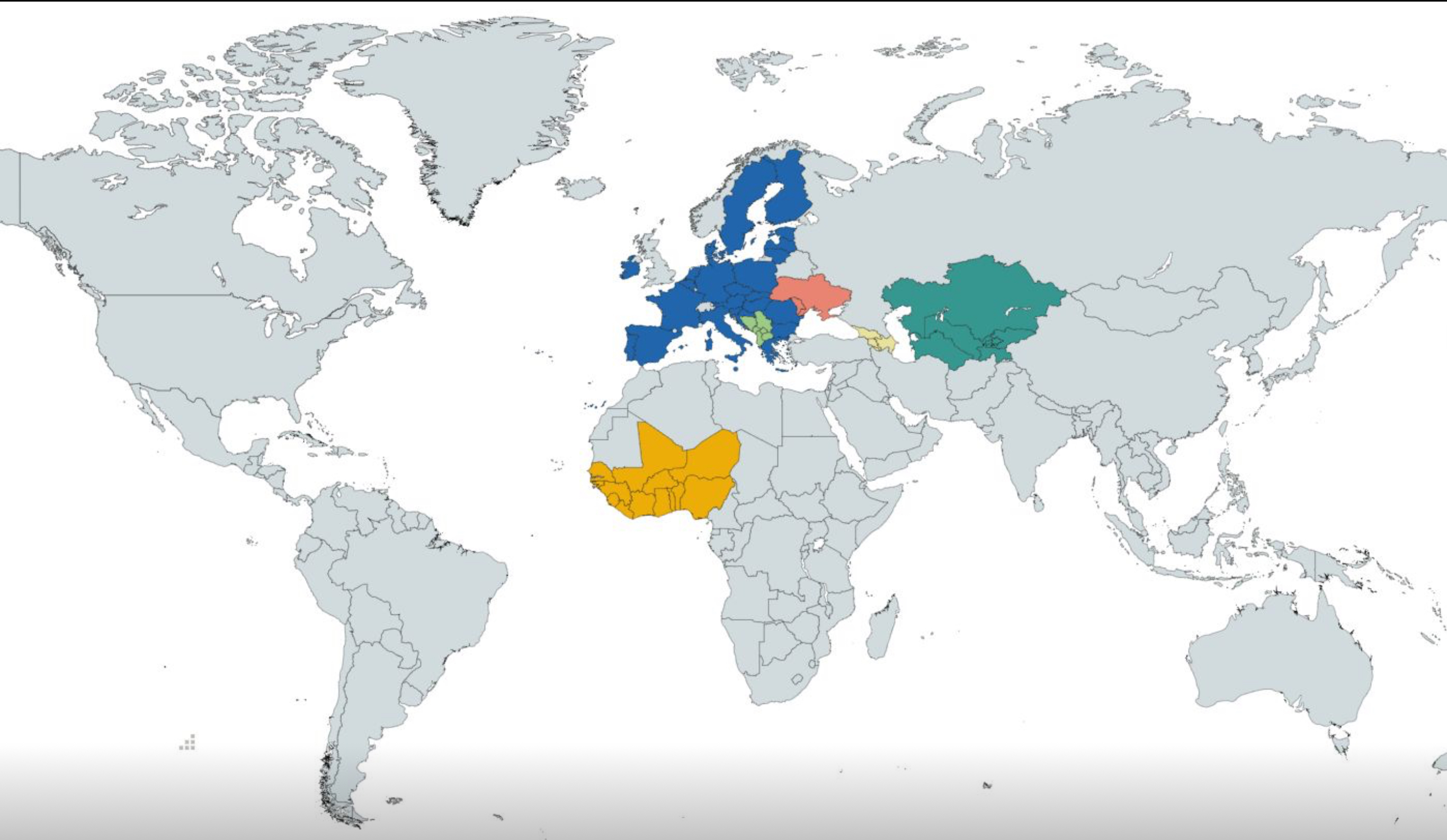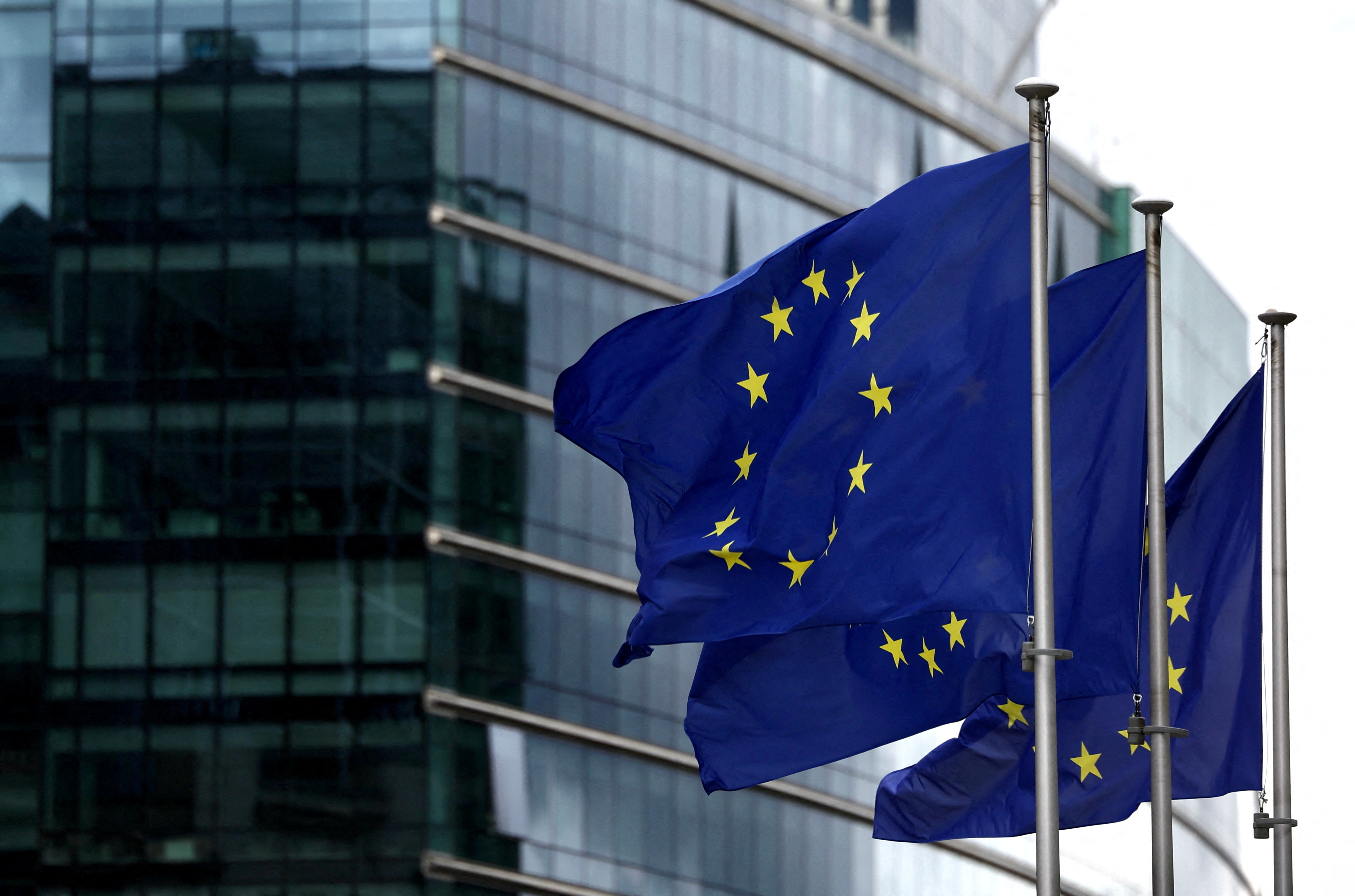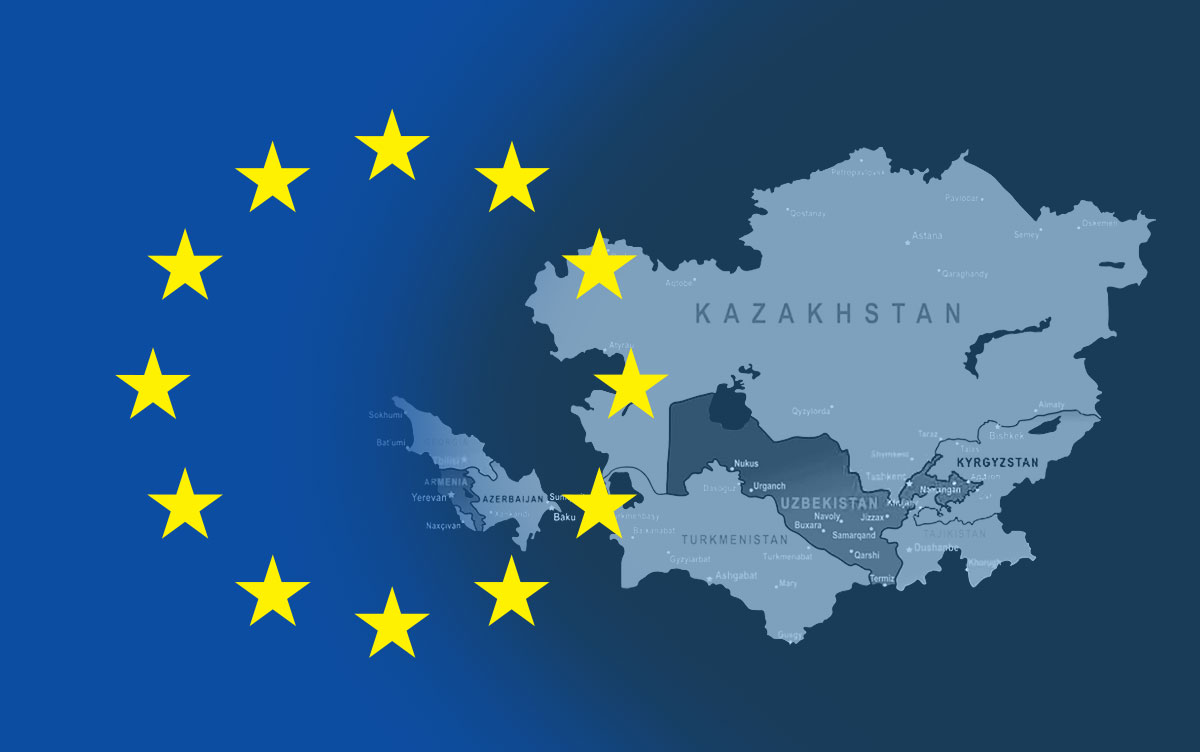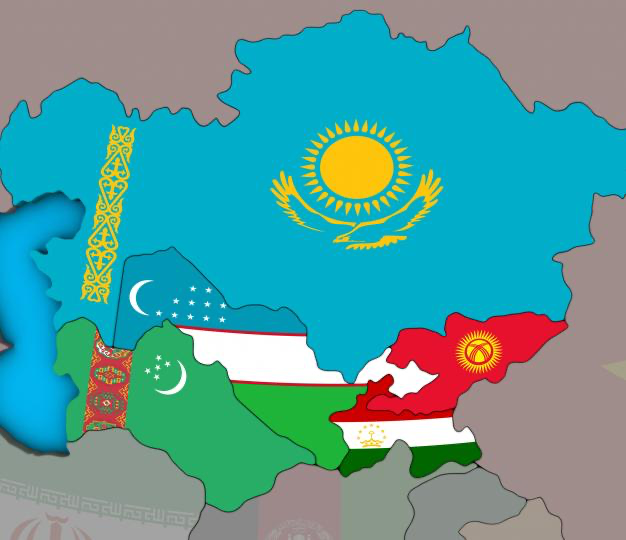The recent initiation of European Union (EU) accession negotiations with Ukraine and Moldova is poised to send ripples across Central Asia, influencing both domestic and foreign policies in the region, Eldaniz Gusseinov, a foreign policy analyst from Central Asia reported. The symbolic significance of these talks is expected to provide momentum to pro-European political forces in Central Asia, emphasizing the value of democratic reforms as a pathway to closer ties with the EU.

The success of democratic practices in post-Soviet Ukraine and Moldova will likely be championed by advocates of reforms in Central Asia, shaping a trajectory toward European integration. The anticipation is that the upcoming summit of Central Asian leaders with their EU counterparts, scheduled for early next year, will further solidify this pro-European momentum, shaping the region's political landscape until mid-2024.
However, the sustainability of this pro-European agenda hinges on the EU's strategic investments in Central Asia to consolidate its influence. The broader context of EU competition with Russia and China, especially in the South Caucasus, Western Balkans, and West Africa, will significantly influence the success of the EU's endeavors.
In the South Caucasus and Western Balkans, where the EU employs the prospect of membership as a strategic tool, the accelerated integration of Moldova and Ukraine raises concerns among countries in the Western Balkans striving for EU membership. The EU's effectiveness in wielding this tool may diminish if timely progress is not made by other aspirant nations. Failure to secure memberships in the next two years could necessitate increased EU resources to counter competition from Russia and China in the region.

The Caucasus emerges as a focal point due to ongoing EU-Russia competition for influence. Successful EU involvement in Armenia could strengthen its economic presence, facilitating sustainable transport routes connecting to Central Asia. However, strained relations with Azerbaijan may impede EU influence in the region and subsequently impact its position in Central Asia.
West Africa has become a new arena for influence, with the EU entering the race following the coup in Niger. The formation of a coalition cold war and potential disruptions to projects for raw material extraction and transport pose challenges. The EU's ability to maintain its position will depend on deploying substantial resources in this region.
The pro-European momentum in Central Asia, spurred by the initiation of accession talks with Ukraine and Moldova, is contingent upon the EU's resource deployment and its success in balancing power in key regions. The outcome will play a pivotal role in shaping the region's trajectory, with a less optimistic scenario potentially seeing the waning of pro-European momentum by the summer of 2024.

EU and Central Asia
The European Union holds considerable interest in Central Asia, recognizing its strategic geographical location and its crucial role in fostering connectivity between Europe and Asia. The region's abundant energy resources, substantial market potential, and significance in broader regional security, especially in the context of developments in Afghanistan, further underscore the EU's commitment to building a robust partnership with Kazakhstan, the Kyrgyz Republic, Tajikistan, Turkmenistan, and Uzbekistan.
Marking the 30th anniversary of diplomatic relations in 2021, the EU has significantly expanded its engagement with Central Asia since the early 1990s. The adoption of the first Central Asia Strategy in 2007 and its subsequent update in 2019 reflect the growing strategic relevance of the region to EU interests. This renewed Strategy aims to contribute to the development of Central Asia as a more resilient, prosperous, and interconnected space.

The three key priority strands outlined in the EU's engagement strategy with Central Asia encompass partnering for resilience (focusing on human rights, democracy, security, and environmental challenges), partnering for prosperity (supporting economic diversification, private sector development, intra-regional trade, and sustainable connectivity), and supporting regional cooperation in Central Asia.
Additionally, the EU Strategy guides EU aid programming for the period 2021-2027, demonstrating a long-term commitment to the region's development. The negotiation of Enhanced Partnership and Cooperation Agreements (EPCAs) with Central Asian states serves as a robust mechanism to foster a modern and diversified partnership, moving beyond a traditional "trade and aid" agenda. This approach aims to promote cooperation and regulatory convergence in areas crucial to the ongoing reform processes in the region.
Follow Daryo's official Instagram and Twitter pages to keep current on world news.
Comments (0)